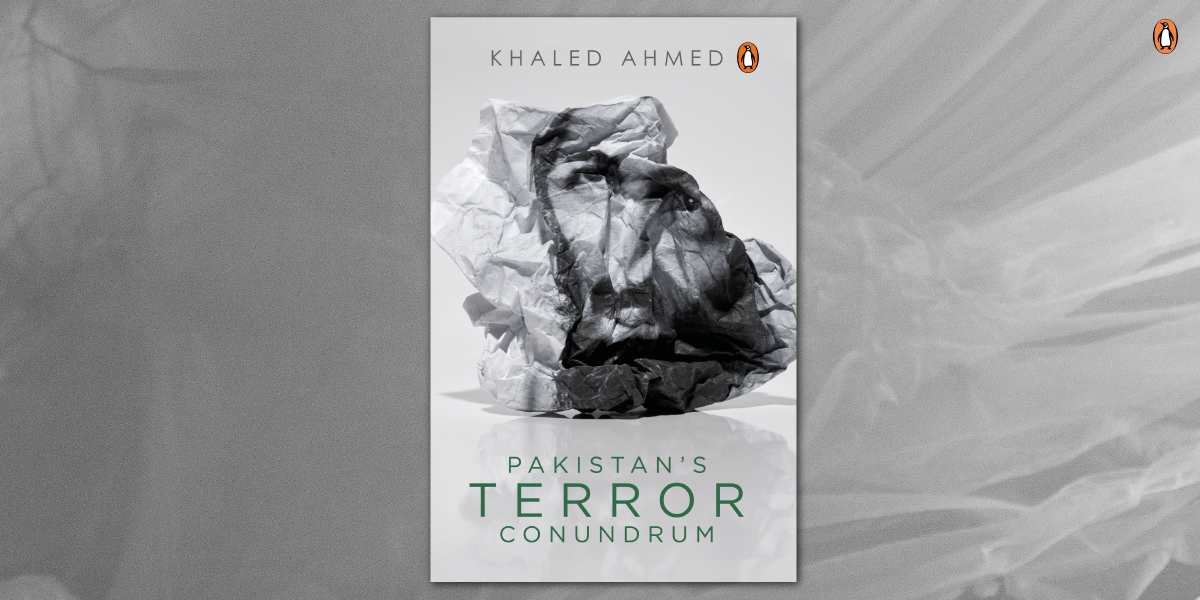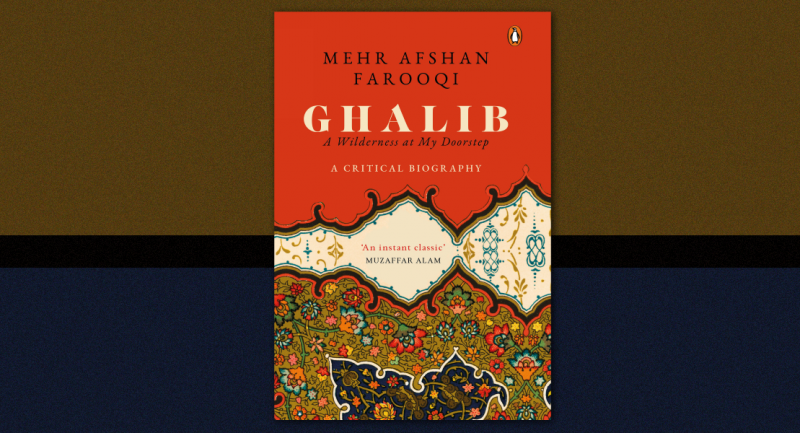
Journalist Khaled Ahmed examines how religion became intricately stitched into the fabric of Pakistan’s political and social framework. Read an excerpt from his book Pakistan’s Terror Conundrum:
The state of Pakistan was founded on the ‘consensus’ that it has to be Islamic. As a religious state, it seeks sharia as an ideal. All states must seek an ideal as their foundational teleology. There is muted disagreement between ideologues and pragmatists over this ideal. It is muted because of intimidation, but it is definitely there, especially after the Talibanization of the country through illegal action by the Islamists. It is the threat of religion as an extra-legal force that is causing many Pakistanis to wonder if the state can move forward into the future with Islam as its credo.

Pakistan’s Terror Conundrum
Khaled Ahmed
…It is interesting to note that when in 1949 the Constituent Assembly of Pakistan adopted the Objectives Resolution, it used the less-threatening terms ‘Quran’ and ‘Sunnah’ rather than sharia, which later came to be embedded in Article 203(C) of the Constitution and is related to the Federal Shariat Court. The politicians who signed the resolution knew nothing about what the ‘guiding code’ meant, as they reassured the non-Muslim members that they would be equal citizens. The non-Muslims, not easily consoled, came down to Lahore only to learn from the clerics that they would be zimmis (non-Muslim subjects of a state governed according to the sharia) who would have to pay a special tax. When General Zia shoved the Objectives Resolution into the Constitution through the 8th Amendment, he removed the word ‘freely’ from the sentence, which assured the non-Muslims that they would be able to practise their religion freely. No notation was made in regard to the change of text. In 1949, the resolution had ‘God Almighty’ in its first paragraph; it was changed to ‘Almighty Allah’ in 1953 without any reference to the assembly that had passed it. The guiding principles, passed off as harmless in 1949, became menacing for both Muslims and non-Muslims with the passage of time.
Pakistan became less and less viable as it converged on sharia. Jihad used to be the grand Islamic subterfuge, confusing the world about war and ‘peaceful effort’; now it is straightforward qital (killing). It used to be accepted that jihad could only be declared by the state. Now it is consensually privatized and internationalized, thus undermining a fundamental function of the state. On the law of evidence, if a scholar leans on the Quranic text to challenge the clergy on the half testimony of a Muslim woman, he is told to shut up because sharia has already decided the matter. Sharia is what fiqh (Islamic jurisprudence) makes of the Quran and Sunnah. An Egyptian professor at the Saudi-funded International Islamic University of Islamabad contended that infibulation (female circumcision) was sharia in Egypt, under the practiced Shafi’i fiqh, but banned ‘wrongly’ under the official Hanafi fiqh.
… An Islamic state intent on a sharia-based revolution embraces isolationism as its programme, almost like the Stalinist slogan of socialism-in-one-country. After 1947, the state misunderstood itself as a castle of Islam. It fondly thought of itself as a society cut-off—that is what the word ‘castle’ means—from the rest of the world, with an ability to stand up to hostile sieges. It also presaged the totalitarianism of the clergy after the ‘modern’ state was overthrown. Pakistan also allowed the transnational concept of the umma to inform its ideology. It acknowledged that the concept of the nation state was not compatible with its teleology because of the concept of umma.
When it tested its first atom bomb, the state of Pakistan could not for long keep up the pretended doctrine that it was India- specific. It was soon acclaimed as an Islamic bomb, a transnational weapon that would threaten not only India but many other states across the globe. The moment it became a religious bomb, its transformation into a sectarian one was inevitable. Many respectable scholars believe that Pakistan’s Sunni bomb caused Iran’s Shia bomb to be produced. Just as a religious state Pakistan cannot avoid becoming a sectarian one, conceptually, its bomb too threatens Iran, in addition to threatening the entire non- Muslim world.
The terrorist outreach of political Islam is being opposed by strong powers that have the capacity to strike at its incubation grounds. If this polarity is interpreted as Christianity versus Islam, then Islam doesn’t benefit from the neutrality of the non- Christian world either. In fact, the non-Christian world feels equally threatened and is inclined to forget its contradictions with the dominant Christian powers, seeking to form an alliance with it to confront Islam. Given this near-total opposition of the world, political Islam, thriving on lack of secular education, has little chance of surviving as a winning force. Political Islam can only eat its own children.
The Islamic state is not viable in modern times unless Islam is reinterpreted. This is not the project of Islam today; this inclination to change the world by force to fit sharia. This springs from the intellectual attitude of not rejecting the premise when it fails to encompass reality. The suicide bomber of today is an agent of forcible change of reality to the premise of Islam. When not democratic, the Muslim state begins its process of decline as a state denying rights; when Islamic, it begins its process of decline under challenge from the clergy; when theocratic, it achieves stability by suppressing demands for rights under the doctrine of fasad fil ard (corruption on earth). The theocratic stage is the terminal stage, after which the state is either undone or finds refuge in reverting to the identity of the modern state with economic imperatives overriding religious passions. Pakistan is in the process of entering the terminal phase and is looking at itself once again in 2020, hesitating in the face of a possible negative reaction from a scared world.
~
Pakistan’s Terror Conundrum is a gripping examination of the origin story of Pakistan’s ideals, and how religion became the driving force behind Pakistani nationalism.









